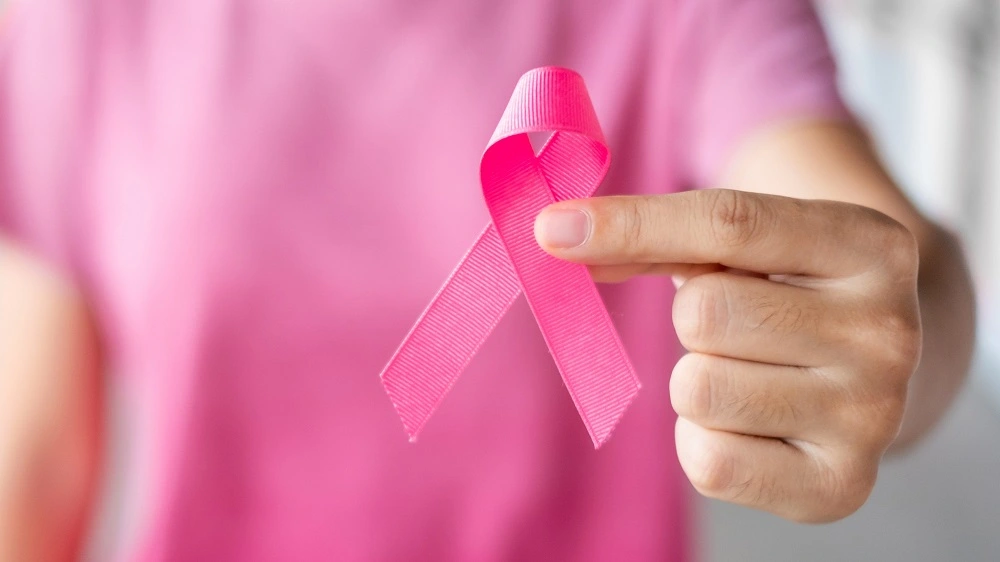
Breast cancer diagnosis and treatment are often overwhelming experiences, but survivors can find strength through effective coping strategies. Emotional resilience is key, as many individuals face not only the physical impact of treatment but also psychological challenges such as anxiety, depression, and fear of recurrence. Support from family, friends, and healthcare professionals plays a critical role in managing these emotional burdens. Joining support groups, either in person or online, can offer a sense of community and understanding, helping individuals connect with others who share similar experiences.
Physical recovery is another crucial aspect of survivorship. Following treatment, it’s important for survivors to focus on their physical well-being through exercise, a balanced diet, and adequate rest. Many find that engaging in activities like yoga, walking, or meditation not only enhances physical health but also contributes to emotional well-being.
Additionally, creating a long-term survivorship plan with healthcare providers is essential. Regular check-ups, screenings, and discussions about future health risks help manage the fear of recurrence and allow survivors to feel more in control of their journey. Survivorship is not simply about surviving cancer but thriving afterward, as individuals work toward reclaiming their lives with purpose, hope, and a focus on well-being.
Breast cancer survivors are a testament to strength, and with the right coping strategies and support, they can build a future that is rich with opportunities for growth, health, and happiness.